tingle, medically also as part of a paresthesia, is a sensory disorder (see also sensory disorder) of the nerves. These abnormal sensations can occur anywhere on the body. Medically, the tingling sensation is counted as a paresthesia (abnormal sensation in the skin nerves) and can have many causes.
What is tingling?

Tingling can occur anywhere on the body. Usually it is a temporary discomfort that disappears on its own.
However, it can also happen that the so-called tingling paresthesias persist over a longer period of time and sometimes severely affect the affected patients. In these cases, a doctor should clarify the cause, because harmless causes are not always responsible for the tingling sensation.
Typical tingling phenomena are tingling on fingers, hands or arms, as well as tingling on toes, feet or legs. The tingling of the nose is also a discomfort that occurs frequently.
causes
Tingling sensations can have many causes. Harmless and quickly temporary nerve irritation can trigger a tingling sensation. But inflammation and severe neurological diseases can also be a reason for this discomfort.
The most common causes include damage to individual nerves from toxins, infections or entrapment. Virus infections as well as bacterial infections can trigger the tingling sensation. Nerve entrapment sometimes occurs in herniated discs. Allergies, deficiency symptoms or side effects of medication can also be reasons for the tingling sensation.
Often the discomfort is triggered by circulatory disorders. This can sometimes be due to serious diseases of the cardiovascular system. Tingling is also a typical symptom of restless legs syndrome.
In some cases, the tingling sensation can be triggered by other serious illnesses. These include strokes, brain and spinal cord tumors, and some neurological diseases such as Parkinson's disease and multiple sclerosis. If no clinical findings are found for the tingling sensation, psychological causes must also be considered as a trigger. Stress comes first.
You can find your medication here
➔ Medicines for paresthesia and circulatory disordersDiseases with this symptom
- disc prolapse
- Parkinson's
- multiple sclerosis
- allergy
- Restless legs syndrome (restless legs)
- Carpal tunnel syndrome
- Malnutrition
- stroke
- Tarsal tunnel syndrome
Diagnosis & course
Any prolonged tingling sensation should always be clarified medically. In order to find a correct diagnosis, the doctor will first try to narrow down the possible causes by asking various questions. This includes a detailed questioning of the symptoms and the patient's medical history.
Also asked about the use of certain medications. A physical and neurological examination as well as a blood test are definitely part of the examination program. Depending on the suspected diagnosis and the preliminary findings, special examinations will follow. This may include further blood tests or orthopedic exams.
X-ray examinations, CT (computed tomography), MRT (magnetic resonance imaging), EEG (electroencephalography) or ENG (electroneurography) may also be necessary. In some cases, a cerebrospinal fluid test (CSF puncture) or various allergy tests are carried out to get to the bottom of the cause of the tingling sensation.
Complications
Tingling on the skin can be both harmless and a symptom of a serious illness. Often it occurs with numbness. The tingling sensation is harmless if it occurs after warming up cold hands or feet. Since the blood vessels contract when they cool down, the above-mentioned paresthesias occur during the warming-up process as a result of initially less blood flow.
However, when tingling and numbness become chronic, a more serious condition such as arteriosclerosis, diabetes or diseases of the central nervous system can sometimes be suspected as the cause. As a sequela of severe diabetes, the tingling sensation, together with the numbness, can develop into what is known as diabetic foot syndrome.
As part of this syndrome, the blood supply to the foot is poor, which can lead to tissue death. The foot turns black. Often the last option is amputation. Sudden tingling and numbness associated with unilateral paralysis are often signs of a stroke. Often tingling and numbness also occur with severe burns, poisoning, medication intake (heart medication, drugs for chemotherapy) or anxiety disorders.
Tingling in the legs can indicate the onset of multiple sclerosis. Parkinson's disease, epilepsy, brain tumors and immune reactions in cancer can also be associated with tingling and numbness. Most of the time, the tingling sensation is a result of underlying illnesses. However, if the disease is chronic, it can also be the cause of sleep disorders and mental illness.
When should you go to the doctor?
Prolonged tingling should always be clarified by a doctor. The symptoms may be due to a serious illness or it is a harmless nerve irritation that can be alleviated by self-measures. A doctor's visit is recommended, especially if the tingling occurs suddenly and for no apparent reason. Likewise with sensory disturbances that occur again and again and are accompanied by intense paresthesia. This is especially true if the tingling sensation is accompanied by certain alarm signs such as pain, visual disturbances, nausea or dizziness. A tingling sensation with symptoms of paralysis indicates a severe nerve disorder that must be treated quickly to avoid further complications.
Patients with type 2 diabetes mellitus or another disease should always have changes on the body surface clarified. An emergency doctor must be called in if the discomfort is accompanied by sudden numbness and paralysis. Corresponding complaints can occur on one side of the arm, leg or face and indicate a stroke. Sometimes the symptoms are also caused by other damage to the upper spinal cord or the brain. In any case, it is advisable to react immediately and call the emergency services.
Doctors & therapists in your area
Treatment & Therapy
Tingling does not always require targeted treatment. Often the causes are harmless and the tingling sensation goes away within a short time, even without medical treatment. A prolonged discomfort should always be clarified and treated by the doctor.
The therapy is always based on the causal disease. In every treatment, the focus is on curing or alleviating the underlying disease. Many underlying diseases can be treated with drugs. These include, for example, bacterial infections and restless legs syndrome.
Surgical interventions may also be necessary for some underlying diseases. Herniated discs and tumor diseases are typical diseases that usually require surgical treatment. Medicines can also cause tingling as a side effect. In this case, the doctor will check whether the unpleasant tingling sensation can be avoided by taking another preparation.
However, under no circumstances should a drug simply be discontinued without advice from the doctor. The range of treatment methods is as diverse as the causes of the tingling sensation can be.
Outlook & forecast
In many cases the tingling sensation occurs only temporarily in certain parts of the body and is accompanied by a feeling of numbness. In these cases the tingling sensation is harmless and does not lead to any further symptoms. It is caused by pinched nerves. The tingling sensation is also harmless if it occurs due to the cold and the respective part of the body is then suddenly warmed up.
It is not uncommon for the tingling to occur with diabetes and can damage the extremities. This can lead to decreased blood flow to the feet. This causes tissue to die. In the worst case, the foot has to be amputated. If the tingling sensation occurs with severe paralysis, it is a sign of a stroke. In this case, urgent treatment by a doctor is necessary.
If the tingling occurs due to an incorrect diet, a healthy and varied diet with many vitamins will help. Medical treatment is only necessary in serious cases. Your success depends heavily on the cause of the tingling sensation. In a few cases, the tingling sensation occurs in the body parts after taking a certain drug. A doctor should be consulted here to discontinue the drug or replace it with another.
You can find your medication here
➔ Medicines for paresthesia and circulatory disordersprevention
Some triggers of the tingling sensation can already be avoided by taking preventive measures. Wrong living and eating habits often lead to deficiency symptoms. A balanced diet with enough vitamins and minerals protects against vitamin, iron or magnesium deficiency. Stress and psychological stress also sometimes trigger unpleasant sensations in the skin nerves. In these cases, more exercise and conscious stress management can be helpful.
You can do that yourself
If your hands, feet and other parts of the body tingle, a healthy lifestyle is essential. Above all, this includes physical exercise. Sport strengthens the muscles and relieves tingling feelings. In addition, the blood circulation is improved. Recommended are among others Swimming, relaxation exercises and / or yoga to reduce tension.
People with tingling sensations shouldn't stay in the same posture for too long, whether sitting or standing. If tingling occurs during sleep, the sleeping position should be changed. The legs can be raised with the help of pillows. Tight clothing or synthetic materials should also be avoided, as they inhibit blood flow. People with tingling sensations should take a few steps, especially after long periods of sitting. It makes sense to stand on tiptoe and then go back to the normal position. This exercise should be repeated about ten times and done every night before bed to stimulate blood circulation.
A massage or vigorous rubbing of the affected areas can also help with tingling. [[Iron deficiency] can cause tingling sensations. Lentils, eggs, walnuts, beetroot, milk, beans, peas and leafy greens such as Swiss chard or spinach are particularly recommended for tingling and iron deficiency. Alcohol and coffee should be avoided after dinner. Lush or heavy meals in the evening should also be avoided.

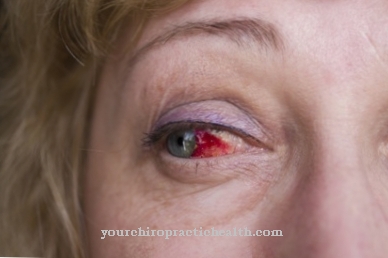


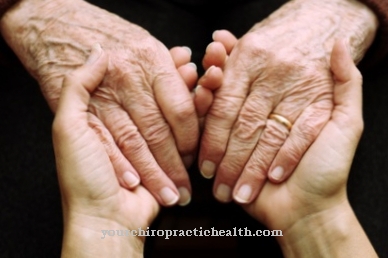
.jpg)
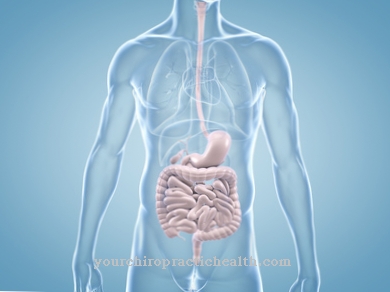

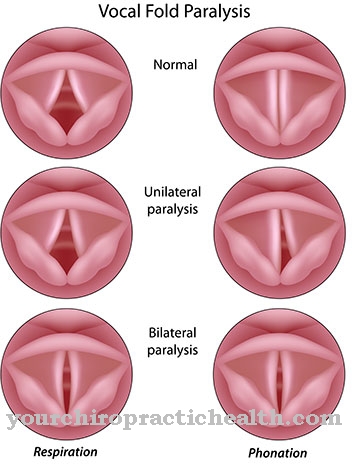
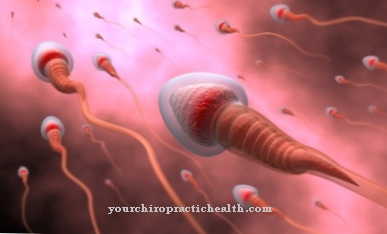
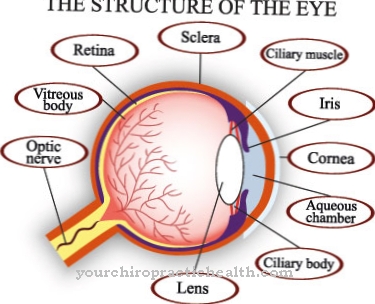
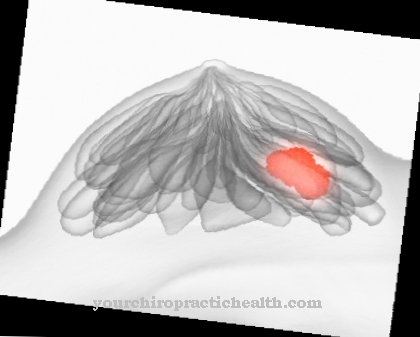
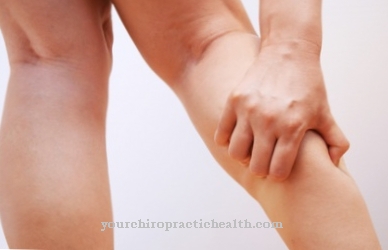
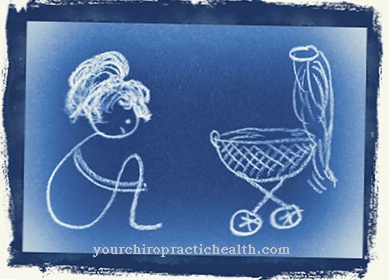
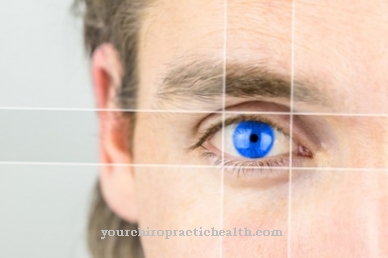


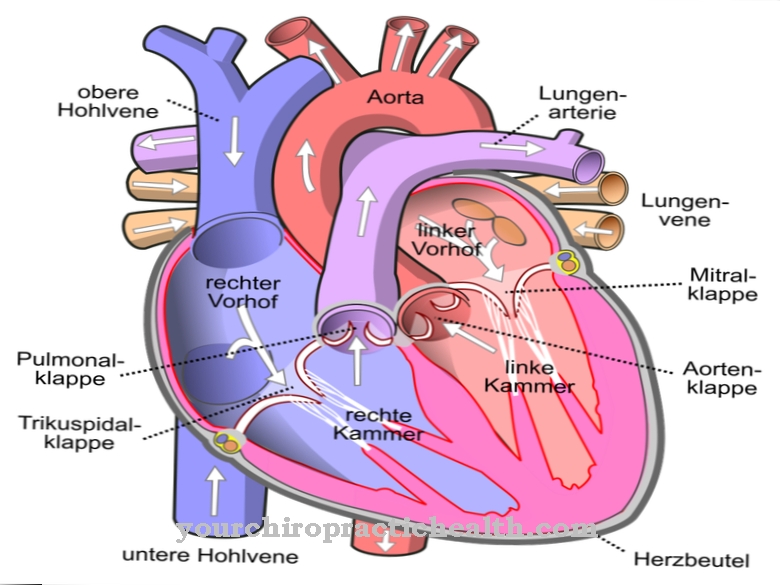

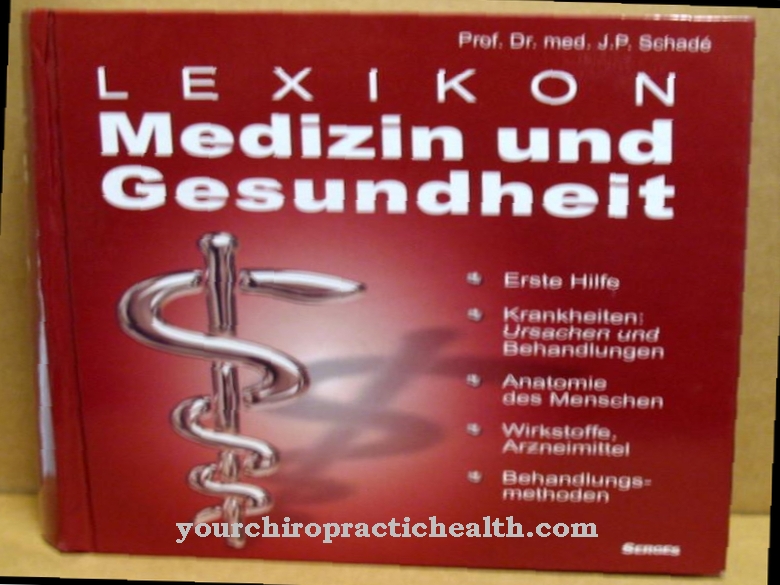
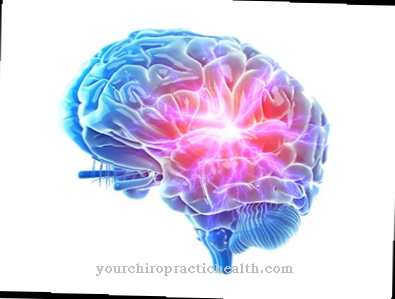
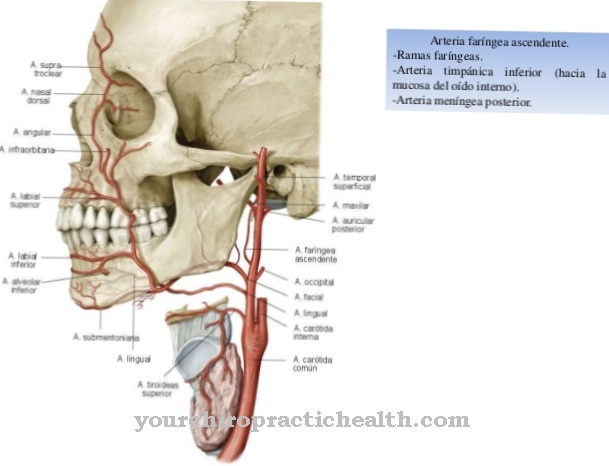
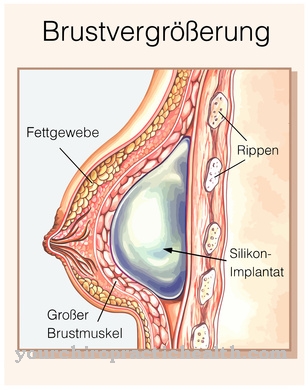
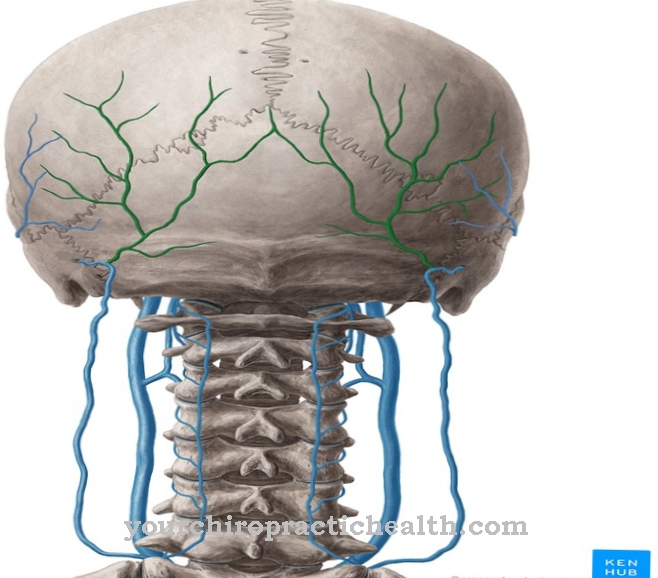

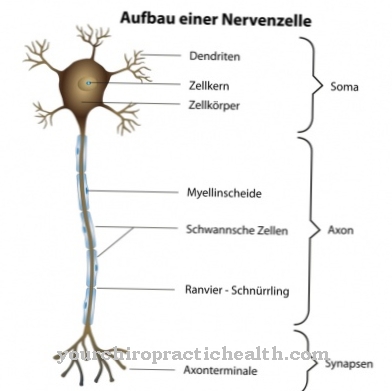

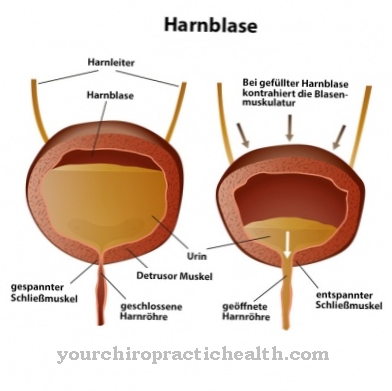
.jpg)